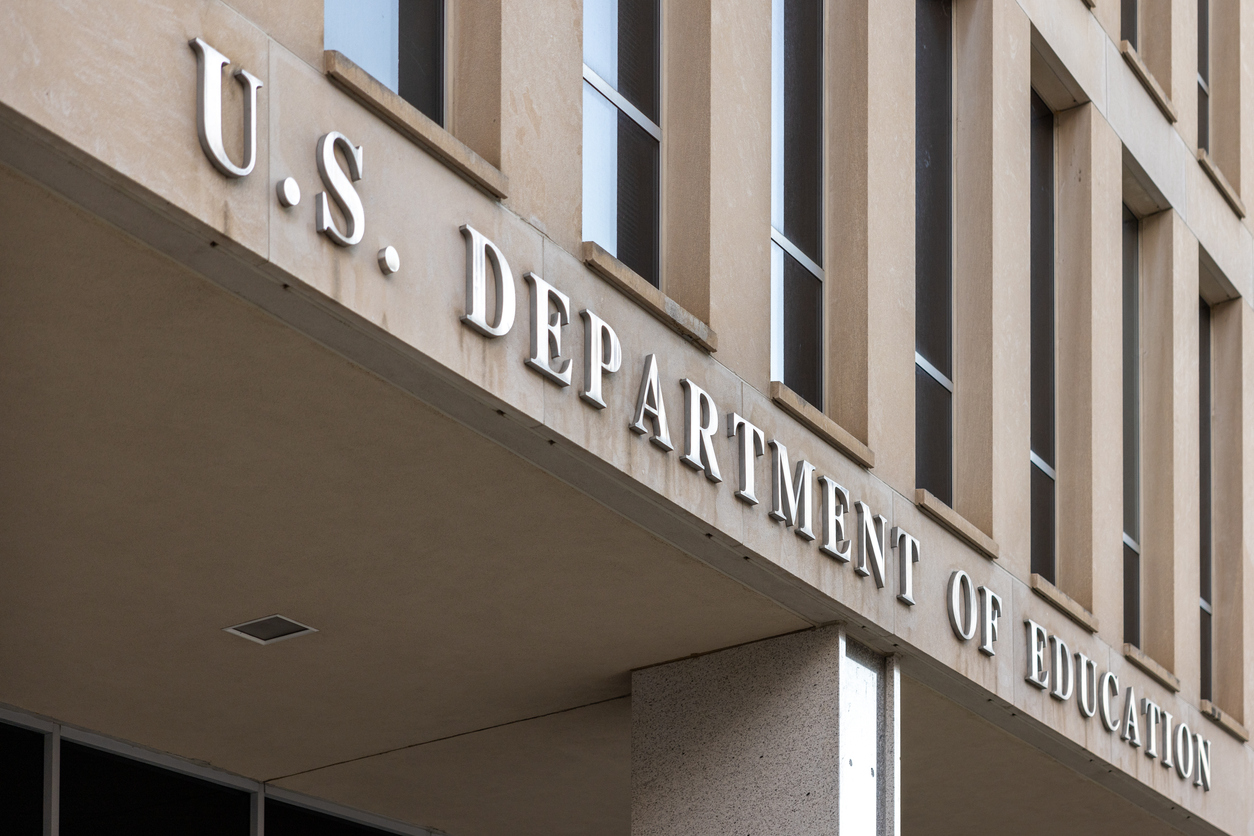
By Rob Marus
More than a week after President Trump signed a long-expected executive order whose goal is to close the Department of Education (ED), many questions remain unanswered about exactly how the administration plans to carry it out and how it will affect the vital services that the department provides to students, their families, and schools.
ED was created by Congress in 1979 and can only be ended by further congressional action, but Trump’s order instructed Education Secretary Linda McMahon to “take all necessary steps to facilitate the closure of the Department of Education and return authority over education to the States and local communities.” While it is unclear whether the administration would have the votes in Congress to pass such legislation, McMahon has already been making major changes to the agency, including eliminating approximately a third of its workforce and ending some of its critical programs.
ED provides key university-related services, including managing federal student loan programs and educational research. While the executive order said that Secretary McMahon would ensure “the effective and uninterrupted delivery of services, programs, and benefits on which Americans rely” from ED, few details have been provided by the administration about how they hope to accomplish that, including from McMahon’s own statement about the executive order or her television appearances in the wake of the order.
According to National Public Radio, Trump recently suggested moving responsibility for one of the department’s major functions – managing federal student loans – to another federal agency. “I've decided that the SBA, the Small Business Administration, headed by Kelly Loeffler, a terrific person, will handle all of the student loan portfolio. We have a portfolio that's very large," the president said.
But much confusion remains, and state lawmakers are reportedly preparing for significant cuts in programs that the department funds. In addition, there is persistent reported uncertainty as to whether some of the job eliminations are final – as well as lawsuits over the layoffs and the department’s attempt to end some Biden-era student loan programs.
As AAU President Barbara R. Snyder noted in her statement expressing concern about the impact of the order, layoffs, and program cuts, “Gutting or dismantling the department could jeopardize accountability for this critical role during a time of increasing global competition – a time when an educated and well-trained workforce is among our greatest national needs.” she said. She added: “We look forward to working with Congress and the administration to ensure that the federal government continues to fulfill the Department of Education’s key role in administering critical financial aid for students, ensuring that students are safe and their civil rights are protected, and providing crucial educational data and research through the Institute of Education Sciences (IES).”
Rob Marus is deputy vice president for communications at AAU.